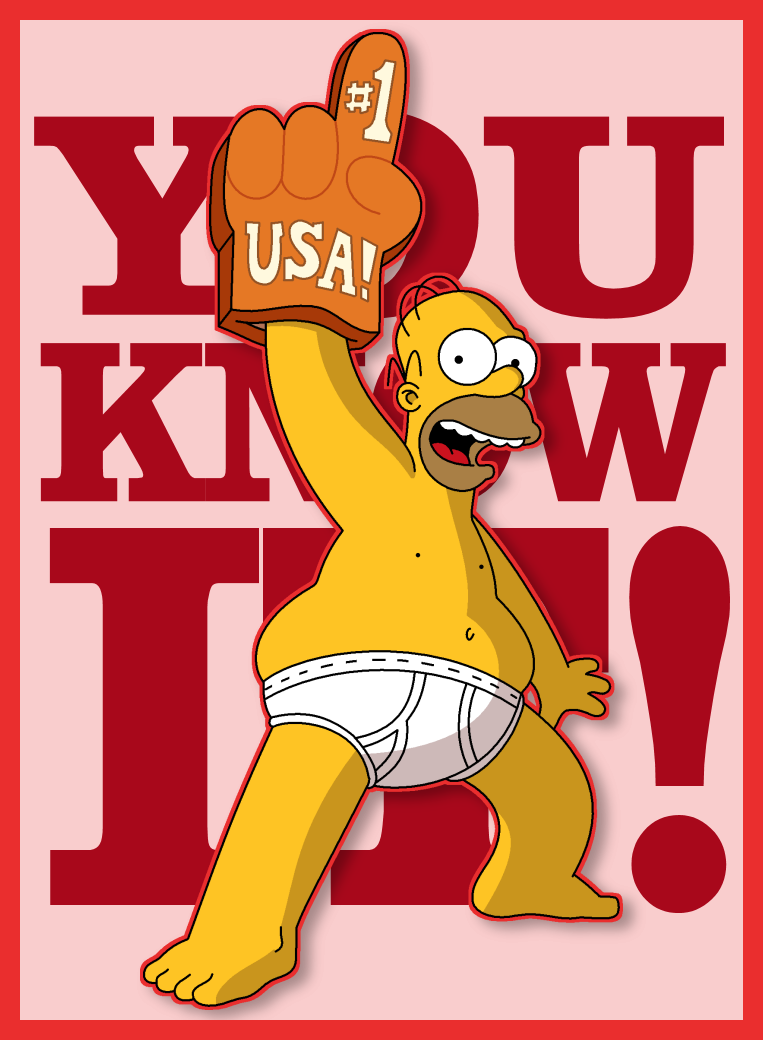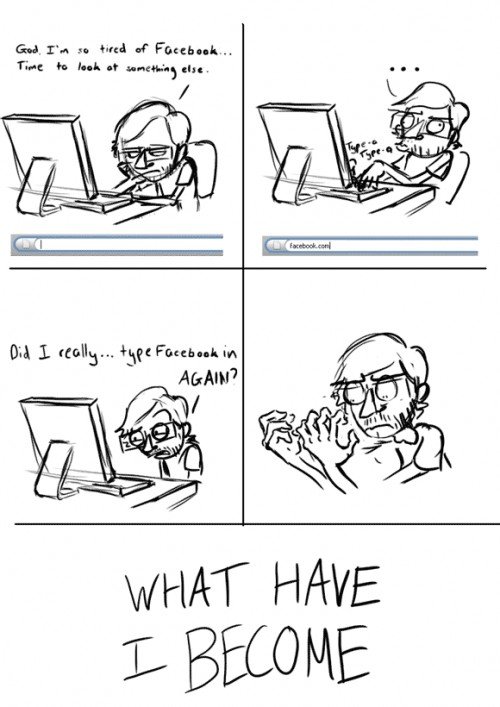After the madness that was the World Cup 2014, I thought I would release this post I've been having on stand-by for a while.
Loyalty: faithfulness or a devotion to a person, country, group, or cause.
Whenever I do interviews or do personality tests for work, I come across the topic of loyalty. It seems to be mentioned in Facebook posts when people talk about their crew or their 'ride or die' team. In this poll done by Debate.org, the question was 'Should people always be loyal?' 64% said 'No' (http://www.debate.org/opinions/should-people-always-be-loyal).
Sometimes, we romanticize loyalty because it's connected with themes such as love and family. Loyalty is based off the fact that previous actions are believed to be the best predictors of future actions. If a person continuously does good things, they are more likely to do good things in the future than a person you don't know or a person who does bad things. However, this does not necessarily mean they will. And people need to always keep this fact in mind. While good people establish a predictable pattern based off their behaviour and actions, know that this is not absolute.
This loyalty also is tied to nationalism. While I love being Canadian, I constantly question whether the decisions made by and for the country are the right ones. On a one-on-one basis, many people acknowledge that their country is not perfect. Yet when compared to other countries, they rush to claim their country as being the best.

- Case in point.
Pride in one's country is not a fault. Just be wary what aspects you are proud of. Question everything.
I always tell my colleagues and executives to never be loyal to me. I want them to always question me and my intentions. If others question them about me, I don't want them to say 'he would never do such a thing'. For better or worse, things and people are subject to change. And they may change to the point that they may not align with your values anymore, regardless of what they may be. Loyalty, thus, would not benefit you nor the idea you are affiliated with. I consider it very respectful to question me and my beliefs; it means that you believe that I am able to withstand the questioning in your pursuit of the truth and that even if I end up being wrong that you trust my good intentions to pursuit the truth as well.
Blind, unquestioning loyalty is the fault of many individuals. I do commend the magical influence it has on people, as it goes beyond logic to be so supportive of those people/ideas. But that's the problem. When loyalty goes above the point of logic, it becomes difficult to stand by it with each passing day and even harder to convince others to agree with you.
Sometimes, being loyal to one person, country or idea automatically puts you in opposition of another. This in turn makes you close minded to the possibilities the 'other' side offers you. To be a truly enriched individual, it is necessary to be open to all possibilities, regardless of the situation. If you keep up with American politics, you can see how loyalty divides a nation solely based off a politician's political affiliation. Imagine how strong a country USA would be if opposition didn't automatically mean aggression.

- If only.
Many people may say they already follow this but consider this: if your child were to commit murder, would you cover up for them? Most would say yes, because as a parent they have to stand by their child no matter what. But if the victim was our child, we would condemn whoever kept the murderer hidden from justice. It's this hypocrisy that makes the 'clique' mentality dangerous; this mentality allows your group(s) exceptions to rules you hold others to.
Loyalty fosters nepotism and cronyism, ideologies that are not only ethically reprehensible but logically and economically detrimental.
For example, being loyal to a friend can make you an enemy of another person who, in another objective timeline, would be your best friend/greatest asset. This is most evident in gossip. When friends gossip to you about people you don't know personally, but know of, people tend to form a relatively negative persona of them without giving them the chance to showcase the personality. If you don't think this is true, consider the fact that the law says 'innocent until proven guilty' yet we usually assume suspects are equivalent to convicts. And this leads to harmful effects (see Richard Jewell).
Loyalty can cause you to question your own integrity and morals, leading you down a path you may regret later. If Breaking Bad has taught us anything, it's that good people can become monsters even if they start off with good intentions.

I'm not saying don't trust anyone or to not side with your friends and country. I'm saying let logic and reason guide your behaviour instead of an unwavering support for something that may be incorrect, foolish, or narrow-sighted. This way, you can justify your loyalty without guilt.
Chris Brown is right. These girls aren't loyal. And they shouldn't be. Unless it makes logical sense to do so.
I'll leave you off with Charlie Chaplin's final speech in 'The Great Dictator': https://www.youtube.com/watch?v=QcvjoWOwnn4




